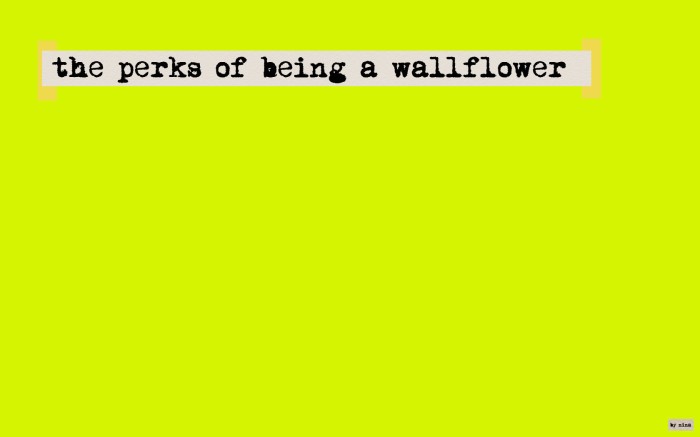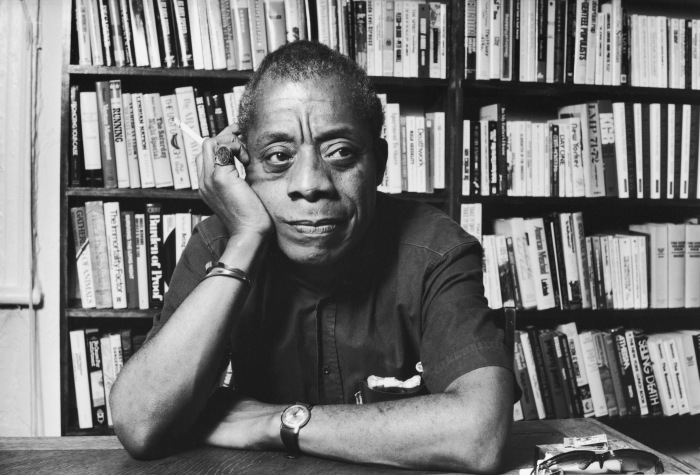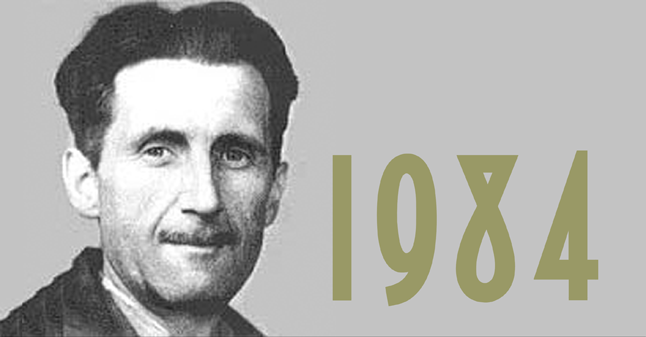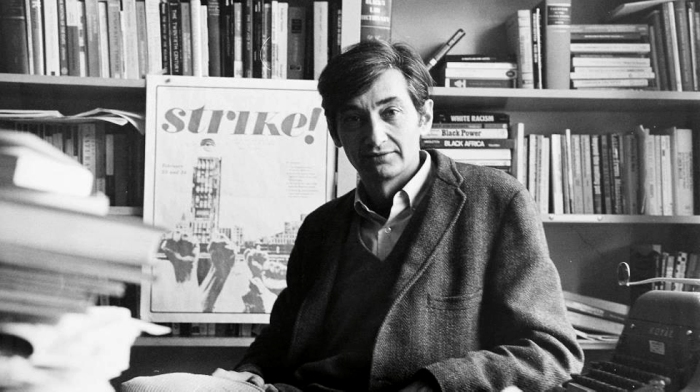
There are certain novels that reach us in ways we can barely articulate. They come into our lives at just the right time and fuse into our identities. The Perks of Being a Wallflower is one of those novels. Charlie is one of my favorite narrators; he’s so sweet and thoughtful that I wanted only good things to happen to him. The tragedy, of course, is this kind and empathetic character has had so many bad things happen to him. That’s probably why I feel so attached to him, protective as well.
I think that every lonely high school freshman wishes that nice, friendly, and smart seniors would befriend them the way that Sam and Patrick do for Charlie. They accept him and don’t judge him for doing things like pretending he’s been away at college and hasn’t seen them for months even though he just saw them earlier that day. Sam and Patrick see past Charlie’s quietness and don’t try to change him, or bring him artificially out of his shell. That isn’t what Charlie needs. Patrick tells Charlie, “You see things. You keep quiet about them. And you understand.” For an often shy and quiet boy, this is a fantastic compliment because it makes Charlie realize, perhaps for the first time, that people notice him too.
In return, Charlie accepts Sam and Patrick as well. How adorable is it that Charlie’s response to learning that Patrick is gay is to go to the library so he could learn more about it? That’s very “Charlie-esque,” as Sam might say. I like the way that this novel presents Patrick being gay as just a part of who he is, and none of his friends make a big deal about it. I wish more teens had this experience. Of course, we also see the flip side in Brad who’s terrified that someone will find out he’s gay. In fact, Brad’s father beats him when he finds him with Patrick—that passage was difficult to read—and it sets off another cycle of violence when Brad lashes out at Patrick in the cafeteria. Afterwards, we watch the bittersweet moment when Brad thanks Charlie for protecting Patrick.
Here, we see that Charlie isn’t just an amiable and sensitive boy; he’s struggling with suppressed anger and rage. I wasn’t expecting Charlie to be able to fight, so much so that he needs to hold himself back. We realize this most acutely when Charlie attacks Brad’s friends after they gang up on Patrick. He almost goes into a fugue state.
There’s a lot of abuse in this novel—much of it taking place in the past, but some occurs during the novel. Charlie’s father, his mother, Aunt Helen, and Brad all receive beatings from one of their parents, and Charlie’s sister gets hit by her boyfriend. Aunt Helen, Sam, and Charlie were all molested. I wonder if people who have experienced abuse in their lives gravitate towards other people who’ve had similar things happen to them because they feel, perhaps subconsciously, that they would understand them in ways that others can’t.
I didn’t realize at the beginning of the novel that Michael was Charlie’s best friend. I’m not sure if that was me not paying close enough attention, or intentional because Charlie isn’t ready to tell us yet. It’s still too painful and locked inside him. The tragedy of Michael’s suicide hits Charlie even deeper because he’s still reeling from his Aunt Helen’s death years before. This is a dark thought, but I wonder if Aunt Helen’s car accident was really an accident, or a result of the guilt she felt for molesting Charlie, coupled with the problems she had with drinking, drugs, and her own abusive childhood.
Even without the abuse, Charlie having to deal with his favorite person dying on his birthday on her way to get his birthday present is horrible. I was thinking about how Charlie says that his Aunt Helen was the only person in his family who ever really hugged him. It’s difficult to imagine all the confusing emotions that Charlie must have running through his head—he adored his Aunt Helen and she gave him the affection the rest of his family didn’t, but she also molested him, so he has love, trust, guilt, shame, and betrayal all wrapped up into one highly charged tangle. No one should ever have to experience that.
One of the ways that Charlie copes is by reading. The first book he mentions is To Kill a Mockingbird, one of my favorites from ninth grade. He tells us that, “the teacher assigns us a few chapters at a time, but I do not like to read books like that.” He prefers to experience the book as a whole, and even reads each one twice—a clear sign that he loves reading. Further, Charlie tells us that whenever he finishes one book it becomes his new favorite until he reads another one. I love that detail.
I wish I had an English teacher in high school who gave me books to read the way Bill does. I also like the way that Bill is careful to offer Charlie books with similar themes that are emotionally and developmentally appropriate for him. Even with more complicated texts like Hamlet, Bill tells Charlie not to get caught up in the language, but instead to think of Hamlet as the same kind of character he has read about in other works. That’s great advice at all ages. Many of the books that Bill gives to Charlie have sensitive, insightful protagonists, such as Scout in To Kill a Mockingbird, Holden in The Catcher in the Rye, and of course Hamlet. Since Charlie tells us that he often imagines himself in the books he reads, Bill’s selections seem perfect. I think it’s interesting that Holden Caulfield and Hamlet both grapple with mental illness as well.
Music is also significant in this novel. Who can forget how vital mix tapes were in high school? I also remember when I was a teenager deciding that a band was my favorite after hearing just one of their songs. Charlie does this with The Smiths after hearing “Asleep.” Is there a more perfect band for Charlie than The Smiths? Their songs are about being sensitive, introspective, shy, lonely, thinking too much, and noticing things that no one else does. Maybe it’s strongest in adolescence, but I truly believe that music has a seemingly magical ability to show us windows into our emotions. Plus, there’s something so reassuring about hearing a song that articulates a feeling you thought no one else in the world ever had but you—no matter what age you are. Charlie talks about how he hopes that the songwriters realize the impact they’ve had in people’s lives. I think this book has that same special quality as the songs Charlie loves so much, and I’m grateful for it.


